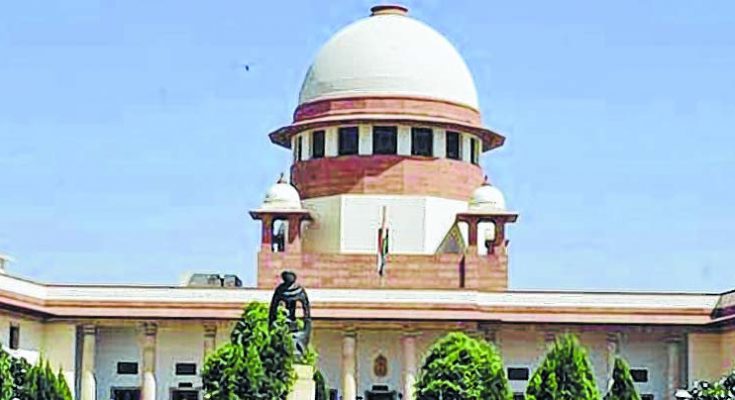
It alleged that the district Judges, who were locals, had conducted the judicial inquiries into the alleged killings and local factors came in the way of the probe reports which went against the armed forces.
“The problem in every case is that the slant of judicial inquiry was against us. Judicial inquiries which have been done by a district Judge proceeded against us by the virtue of their local apprehensions or local positions. Army’s job is not to kill its own people,” Attorney General Mukul Rohatgi told a bench of Justices MB Lokur and UU Lalit.
Citing an example, Rohatgi said if the Army goes after two terrorists holed up in a civilian area and in cross-fire some people are killed, then it cannot be held guilty for these casualties.
“We are in our own country. If army is disbelieved, then the whole system will go haywire and cannot work. The inquiry officers were biased due to their local considerations,” Rohatgi said, adding the judicial probes were not conducted by the High Court which had tasked the district Judges to inquire into the allegations of extra-judicial killings.
He said the Army in Manipur was operating in a very difficult situation and needed to be trusted as it cannot stage-manage the killing of its own people.
“Army is operating in insurgency-prone areas of Manipur in difficult circumstances and it cannot be disbelieved. It cannot be said that I have stage-managed to kill my own people,” he said, adding that compensation has been paid wherever the High Court has directed.
To this, the bench said “compensation cannot be a substitute for everything”.
Rohatgi responded to the remark saying none of the kin of the victims have complained and compensation was paid to their satisfaction.
“In criminal law, victim compensation is immaterial and the victim satisfaction can only be considered when there are compoundable offences,” the bench said.
The Attorney General urged the apex Court that no decision should be taken on the judicial inquiry reports of district Judges due to their local bias.
Rohatgi cited the case of Thangjam Manorama, a Manipuri woman who was allegedly killed in the custody of the Assam Rifles on July 10, 2004, after being picked up on suspicion of working for the People Liberation Army (PLA).
He said the appeal in the case was still pending in apex Court which had directed an adhoc compensation of Rs 10 lakh to be given to the kin of victim.
Rohatgi said there were variations in the findings over the sequence of arrest given in the reports of judicial inquiry and Court of Inquiry (CoI) in the Manorama case.
The bench after perusing the reports of CoI remained unsatisfied and said that the questions asked to the witness prima facie showed that an attempt was made to pressurise him.
“If we are to believe that the inquiry report was biased then we need to be satisfied from all aspects,” the Court said. The hearing remained inconclusive and will continue tomorrow.
The apex Court had yesterday pulled up the Army asking why it had remained silent over allegations of rape and murder against its personnel in Manipur and questioned the State Government for not proceeding with these cases against them.
It had questioned the Manipur Government to explain whether it was “sheer helplesness” on their part or a “tacit understanding” that they did not proceed against the Army personnel despite there being serious allegations of rape and murder against them.
The Court is hearing a PIL seeking probe and compensation in alleged 1,528 extra-judicial killings in Manipur from 2000 to 2012 by security forces and police.
During the hearing, the Court was earlier told that there were 265 cases of deaths which have to be examined and there were various reports of the commission of inquiry in which serious allegations have been levelled against armed forces personnel.
The apex Court had earlier asked the Centre to segregate the cases related to the armed forces from the list of 265 incidents of extra-judicial killings in Manipur, which it would deal with first on a plea seeking probe into such alleged fake encounter killings.
It had also asked the Manipur Government to separate the cases relating to the State police.
There are 35 matters related to commission of inquiry and 37 cases of judicial inquiry or high court matters. Similarly, 23 matters of National Human Rights Commission would be heard along with 170 cases based on written complaints.
The Centre had said that out of the 282 cases, which were referred to it for verification, 70 matters were found to be related to the Army and Assam Rifles, while the rest concerned the state police.
In July last year, the apex Court had directed a thorough probe into the alleged fake encounter killings in Manipur saying the use of “excessive or retaliatory force” by the armed forces or police was not permissible in ‘disturbed areas’ under the controversial Armed Force Special Powers Act. PTI
Source: The Sangai Express